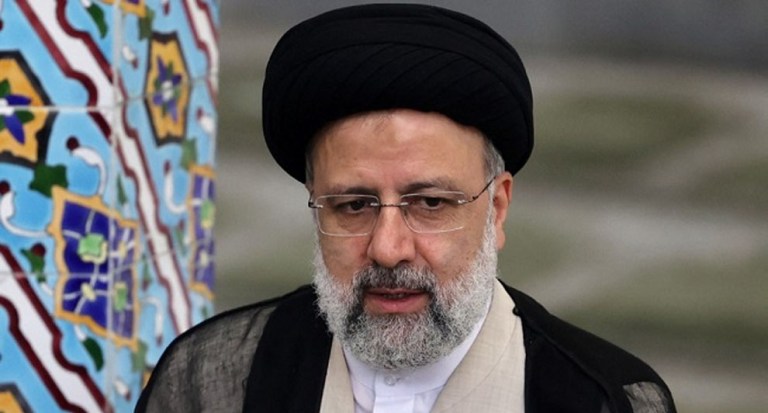After numerous countries condemned Iran’s attack on Israel, Tehran’s foreign ministry summoned the French, British, and German ambassadors “following the irresponsible positions of certain officials of these countries regarding Iran’s response”, a statement said.
Late Saturday, Iran’s Revolutionary Guards Corps announced that they had launched “dozens of drones and missiles” towards military sites on Israeli territory.
“Iran’s military action was in response to the Zionist regime’s aggression against our diplomatic premises in Damascus” earlier this month, the Iranian mission to the UN said, dubbing it “legitimate defence”.
Israel’s army said it had shot 99 percent of the drones and missiles with the help of the United States and other allies, declaring Iran’s attack “foiled”.
The Iranian army chief of staff Mohammad Bagheri said the attack has “achieved all its objectives” and there was “no intention to continue this operation”.
Bagheri said Iran’s retaliation targeted an “intelligence centre” and the air base from which Tehran says the Israeli F-35 jets took off to strike the Damascus consulate on April 1.
“Both these centres were significantly destroyed,” he said, though Israel maintains that the attack only resulted in minor damage.
Attack ‘telegraphed’
Experts have suggested that Saturday’s slow-moving drone attack was calibrated to represent a show of power but also allow some wiggle room.
“It appears that Iran telegraphed its attack on Israel to demonstrate it can strike using different capabilities, to complicate the ability to neutralise the assault but also to provide an off-ramp to pause escalation,” said Nishank Motwani, senior analyst at the Australian Strategic Policy Institute in Washington.
“Tehran can escalate if it chooses to across a range of vectors,” said Motwani.
Over the last two weeks, the Iranian authorities had repeatedly vowed to “punish” Israel after the death of seven Guards including two generals of the Quds Force in the attack that levelled the Iranian consulate in Damascus.
Iran has blamed Israel for the attack.
In the days after the strike, Iran’s Supreme leader Ayatollah Ali Khamenei said Israel will be “slapped for that action”.
Since Iran’s 1979 revolution, Israel has been the sworn enemy of the Islamic republic.
Iran has often called for the destruction of Israel, with support of the Palestinian cause one of the pillars of the Islamic revolution.
However, until Saturday Tehran had also refrained from a direct attack on Israel.
Instead, it has backed members of the so-called “Axis of Resistance” against Israel, including Lebanon’s Hezbollah and Yemen’s Huthi rebels, since the outbreak of war in Gaza between Israel and Palestinian militant group Hamas on October 7.












